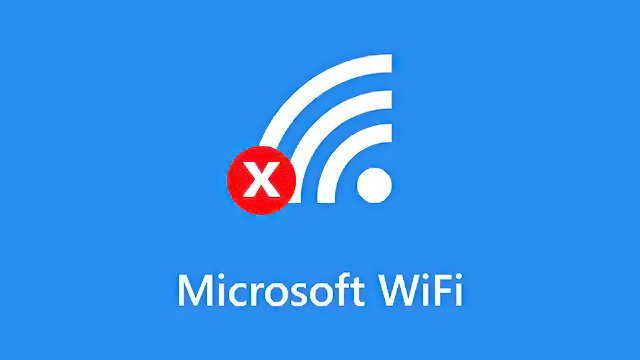Vivaldi and Brave have opted out of Google’s FLoC to replace third-party cookies
Last month, Google announced its plans to introduce a new Google’s Federated Learning of Cohorts (FLoC) feature to replace third-party cookies used by ad networks and analytics platforms to track users.
Let me remind you that just recently the DuckDuckGo developers warned that Google’s widely discussed plan to refuse from third-party cookies in Chrome by the end of 2022-2023, as well as the related restrictions already implemented in other browsers, will not prevent manufacturers from tracking users.At the time, DuckDuckGo head Gabriel Weinberg wrote that Google’s technologies designed to replace third-party cookies (including FLoC) and related ad delivery methods, supposedly designed with an emphasis on privacy, can still be useful for tracking people. In particular, FLoC aims to assign interest group identifiers to users and can be combined with an IP address, eventually becoming a unique identifier for a specific person.
“So any tracker that gets both [FLoC ID and IP address] can be used to track and navigate user behavior exceptionally well without third-party cookies or anything else”, — Weinberg said.
It should also be noted that experts from the Electronic Frontier Foundation (EFF) immediately criticized FloC, calling it a “terrible idea“, because Chrome, in fact, will share a summary of the recent activity of each user with marketers. And now the Vivaldi and Brave developers decided to opt out of using FLoC.
The creators of Vivaldi and Brave said they would not support the technology shortly after Google revealed its plans to test FLoC on a small group of Chrome users, which will automatically be included in a pilot project.
“Google’s new data collection tool is disgusting. FLoC (Federated Learning of Cohorts) is a new ad technology designed to replace third-party cookies and similar tools like localStorage. This is an openly dangerous move that violates user privacy. At Vivaldi, we always protect the privacy of our users. We do not allow tracking of user activity or the creation of their behavioural profiles, in any form. We don’t even allow our own products to create local behavioural user profiles”, — said Vivaldi CEO Jon von Techner.
This opinion is shared by other experts. So, the Brave developer blog says:
“The worst aspect of FLoC is that it causes significant harm to user privacy in the guise of providing that very privacy.”
The fight against new technology has already begun. For example, EFF specialists launched a special site, AmIFloced.org, where any user can check whether Google is testing FLoC in his browser. In turn, DuckDuckGo engineers have released a Privacy Essentials extension for Chrome and other browsers that can block FLoC.
In addition, site owners who do not want to work with FLoC can block it by sending their visitors the following HTTP request header: Permissions-Policy: interest-cohort = ().
Let me remind you that we also talked about the fact that Firefox bug allowed stealing cookies from Android devices.





